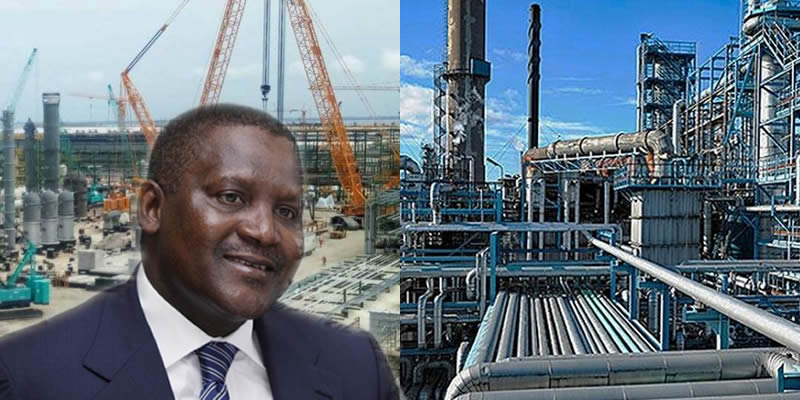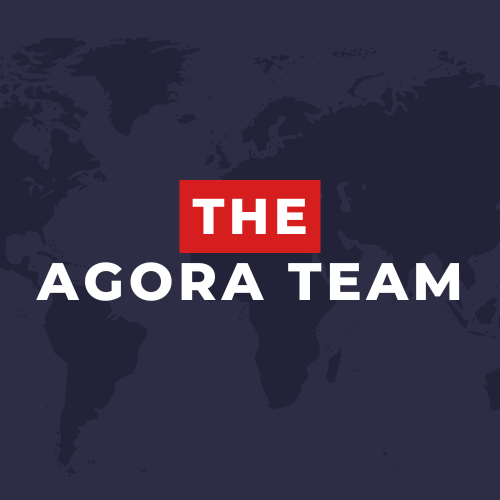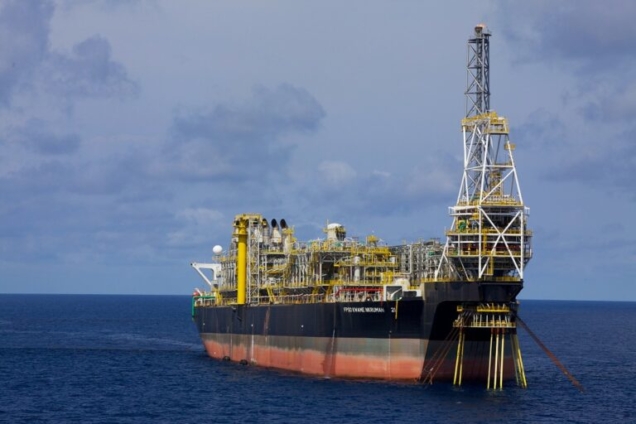Ghana Considers Fuel Imports from Dangote Refinery

Ghana is exploring options to import petroleum products from Nigeria’s Dangote Petroleum Refinery, aiming to reduce its dependence on more costly fuel imports from Europe. This strategy could potentially save Ghana up to $400 million in monthly fuel import costs, according to Mustapha Abdul-Hamid, Chairman of Ghana’s National Petroleum Authority (NPA). Abdul-Hamid made the remarks at the OTL Africa Downstream oil conference in Lagos on Monday.
Located in Lekki, Nigeria, the $20 billion Dangote refinery—one of Africa’s largest—began supplying Premium Motor Spirit (PMS) to the Nigerian market in September 2024. However, with Nigeria’s downstream oil sector now fully deregulated, Nigerian fuel marketers continue to import PMS to meet local demand.
Abdul-Hamid expressed optimism about sourcing fuel from the Dangote refinery if it reaches its target capacity of 650,000 barrels per day (bpd). “If the refinery reaches 650,000 bpd a day capacity, all that volume cannot be consumed by Nigeria alone, so instead of us importing as we do right now from Rotterdam, it will be much easier for us to import from Nigeria, and I believe that will bring down our prices,” he said.
The Dangote refinery, developed by Nigerian billionaire Aliko Dangote, is expected to operate near full capacity by late 2024, with projections of reaching full-scale operations in the first quarter of 2025. This could pave the way for cost savings in freight for Ghana, allowing it to move away from European imports and access fuel from a neighboring African supplier.
Analysts expect that importing from Nigeria will lower the prices of other goods and services in Ghana by eliminating high freight costs from Europe. Abdul-Hamid added that, as African nations work toward a common currency, regional trade could see further benefits, especially with reduced reliance on the U.S. dollar.
Ghana’s demand for fuel has been spurred by a booming extractive sector, contributing to a 6.9% growth in GDP year-on-year as of the second quarter of 2024. The country’s economic expansion has raised the need for more accessible and affordable energy supplies, with Abdul-Hamid highlighting that sourcing locally from the continent could further strengthen regional economies.
At the same conference, Farouk Ahmed, Chief Executive of Nigeria’s Midstream and Downstream Petroleum Regulatory Authority (NMDPRA), noted that the Dangote refinery had begun producing diesel and aviation fuel in February 2024. With full completion and licensing expected soon, Ahmed anticipates that Dangote’s output of PMS will significantly boost Nigeria’s fuel supply, positioning it as a key player in Africa’s energy market.
Ahmed also addressed efforts to make Liquefied Petroleum Gas (LPG) more affordable in Nigeria, including creating a domestic pricing framework with stakeholders and exploring the potential to supply more domestically produced LPG. “NMDPRA will engage stakeholders in the development of a domestic LPG pricing framework to make the product readily available and affordable for consumers,” he said.
The Federal Government of Nigeria, committed to attracting both local and international investors to its energy sector, is implementing policies and offering incentives to promote market liberalization. Ahmed emphasized that Nigeria’s gas sector currently holds a licensed processing capacity of 16 billion cubic feet per day and aims to achieve a robust domestic refining capacity, potentially establishing Nigeria as a net exporter of petroleum products in the near future.
With these developments, Ghana’s potential partnership with the Dangote refinery could signal a shift in West Africa’s energy trade dynamics, promoting regional collaboration and reducing reliance on fuel imports from distant markets.




